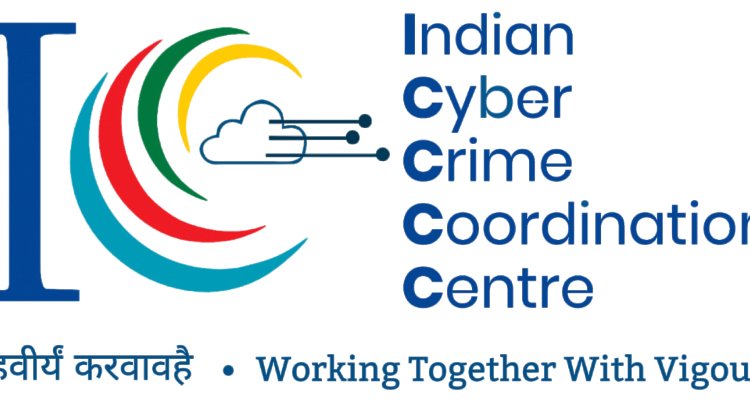Here's Why Women Are Increasingly Taking the Lead in Cybercrimes
In the realm of male-dominated cybercrime, Russian women are increasingly breaking down boundaries and taking on leadership positions inside threat actor groups. These women are demonstrating their technical proficiency and changing the way that women are perceived as being involved in cybercrime, despite obstacles like skepticism and gender bias. Similar patterns are showing up in India, especially with regard to digital fraud and phony call centers.

In historically male-dominated cybercrime networks, women are increasingly assuming important positions in Russian-speaking countries. According to a recent Sans Institute study, women are shattering stereotypes and rising to prominence in these covert operations by demonstrating their leadership and highly skilled technical abilities.
In the past, men have dominated cybercrime in Russian-speaking countries, with men holding the most prominent positions in covert networks. Nonetheless, despite their smaller numbers, women are taking on leadership roles and actively participating. This is especially noticeable in younger generations, where women have been observed overseeing tasks like organizing cyberattacks and maintaining malware.
Alla Witte, a major player in the TrickBot malware campaign, is one well-known example. Witte, who is of Russian descent but is well-known as a Latvian, was praised for her technical skill. The cultural and linguistic connections that form these internet networks are exemplified by her voyage from Rostov-on-Don in the Soviet Union to Riga, Latvia.
Women's participation in cybercrime is frequently fraught with difficulties. Many women in these positions experience gender bias and skepticism, and their accomplishments are usually minimized or ascribed to chance rather than ability. In underground forums, women are frequently compelled to hide their identities in order to be accepted or to prevent prejudice. In spite of this, they nonetheless exhibit extraordinary skill, changing the perception of women's cyberspace prowess.
The Sans study clarifies the social norms that women in Russian-speaking countries must adhere to. Although many women are viewed as domestic helpers or caretakers, an increasing proportion are breaking these stereotypes and managing commercial operations in large firms. Their leadership and management skills highlight how the underground cyber economy is evolving.
Even if these women have the knowledge and abilities to succeed in legitimate cybersecurity positions, the underworld of cybercrime continues to be a tempting path because of its high profits and lack of typical social restrictions. Experts contend that many of these gifted people may pursue respectable careers in cybersecurity given the right encouragement and opportunities.
It's interesting to note that a similar trend is developing in India, especially with regard to digital scams and phony call centers. Women are more frequently seen at the frontline of operations, leading these illegal installations, managing teams, and making bogus calls. Women have recently become key players in scams such as phishing, tech support fraud, and even "digital arrests," in which victims are forced to pay fictitious fines.
The patterns observed in Russian-speaking regions are reflected in the increase of women in these cybercrime professions in India. Similar to their Russian counterparts, these women frequently use their computer abilities to prosper in the underground economy while operating under gendered stereotypes and social pressures.
Rehabilitating those involved in such crimes is becoming more and more important as Indian authorities crack down on bogus call centers and raise awareness of cybersecurity. Providing cybersecurity and ethical hacking education and employment chances may offer a different route for many, allowing them to move into respectable and influential positions.
Follow cyberdeepakyadav.com on
Facebook, Twitter, LinkedIn, Instagram and YouTube
What's Your Reaction?























